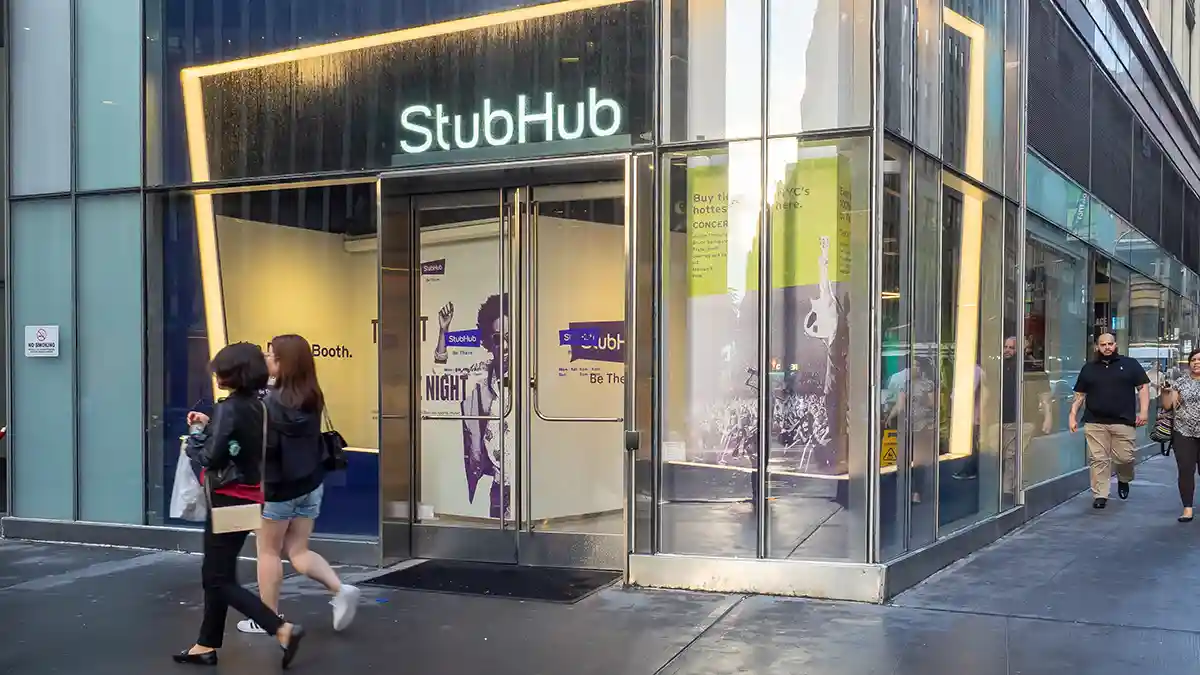StubHub International says it will shut down operations in the United Kingdom if government plans to cap ticket‑resale prices become law, arguing the proposal would make its business economically impossible.
The Department for Culture, Media and Sport is reportedly weighing a rule that would bar tickets from being resold for more than their original price, or—under one option—by more than 30 percent above face value. The measure is aimed at curbing ticket resale by making it illegal to sell tickets at a steep markup over the initial price paid.
Industry insiders have pushed for such restrictions, claiming that uncapped ticket resale is the primary consumer issue in live events. But research has shown that such price caps typically fail – as they do nothing to address price-surging tactics put in place by the primary market, and instead drive consumers to black market platforms where fraud is rampant when the regulated resale market is eliminated.
FURTHER READING: UK CMA Backs Ticket Price Caps Despite Black Market Risks | Analysis: Price cap bills would push fans into risky markets
Bob Kupbens, chief executive officer of StubHub International, told the Financial Times that even a 30 percent ceiling “would make it very challenging for us to operate” in the U.K., the company’s largest single market.
“Under a policy landscape where a price cap was implemented, StubHub International would be unable to offer our FanProtect guarantee or sustain our levels of customer service,” Kupbens said. “As such, we would be forced to cease our U.K. operations.”
StubHub positions itself as a secure, transparent marketplace with 24‑hour customer support and a replacement‑ticket or refund guarantee. Kupbens argued those protections carry real operating costs that could not be recouped if resale margins were legally limited. Restrictive pricing, he added, would push consumers toward informal sales on social media “black markets,” increasing the risk of fraud.
Political momentum after Oasis ticket fiasco
Calls for stricter regulation gained urgency last year when hundreds of thousands of fans trying to secure seats for Oasis’ highly anticipated reunion tour faced enormous price spikes driven by Ticketmaster’s “dynamic pricing.” The Competition and Markets Authority later said Ticketmaster may have misled customers about the total cost and urged greater transparency in how tickets are labeled and priced.
While the CMA’s findings targeted primary sales tactics, lawmakers have since broadened their focus to the secondary market. Supporters of a cap contend that resale sites enable professional speculators to profit at the expense of ordinary fans. Critics, including StubHub and other resale platforms, counter that they provide clear pricing, consumer protections and tax revenue that would disappear if sales moved underground.
Market impact
Leaving the U.K. would be a significant retreat for StubHub International. Britain generates a substantial share of the company’s European volume, thanks to the Premier League’s global pull and a robust live‑music circuit anchored by venues such as Wembley Stadium and the O2 Arena. The company recently received approval for viagogo – which purchased StubHub in 2020 but had to divest the StubHub brand internationally to appease UK regulators – to purchase the brand rights to the StubHub name in many other international markets.
Industry analysts say the threat underscores how thin resale margins can be once fees, payment‑processing costs and customer‑service staffing are factored in. “If a cap is imposed, either platforms will leave, or they’ll scale back protection policies—neither outcome is good news for fans,” said one executive at a rival marketplace, speaking on background to preserve business relationships.



